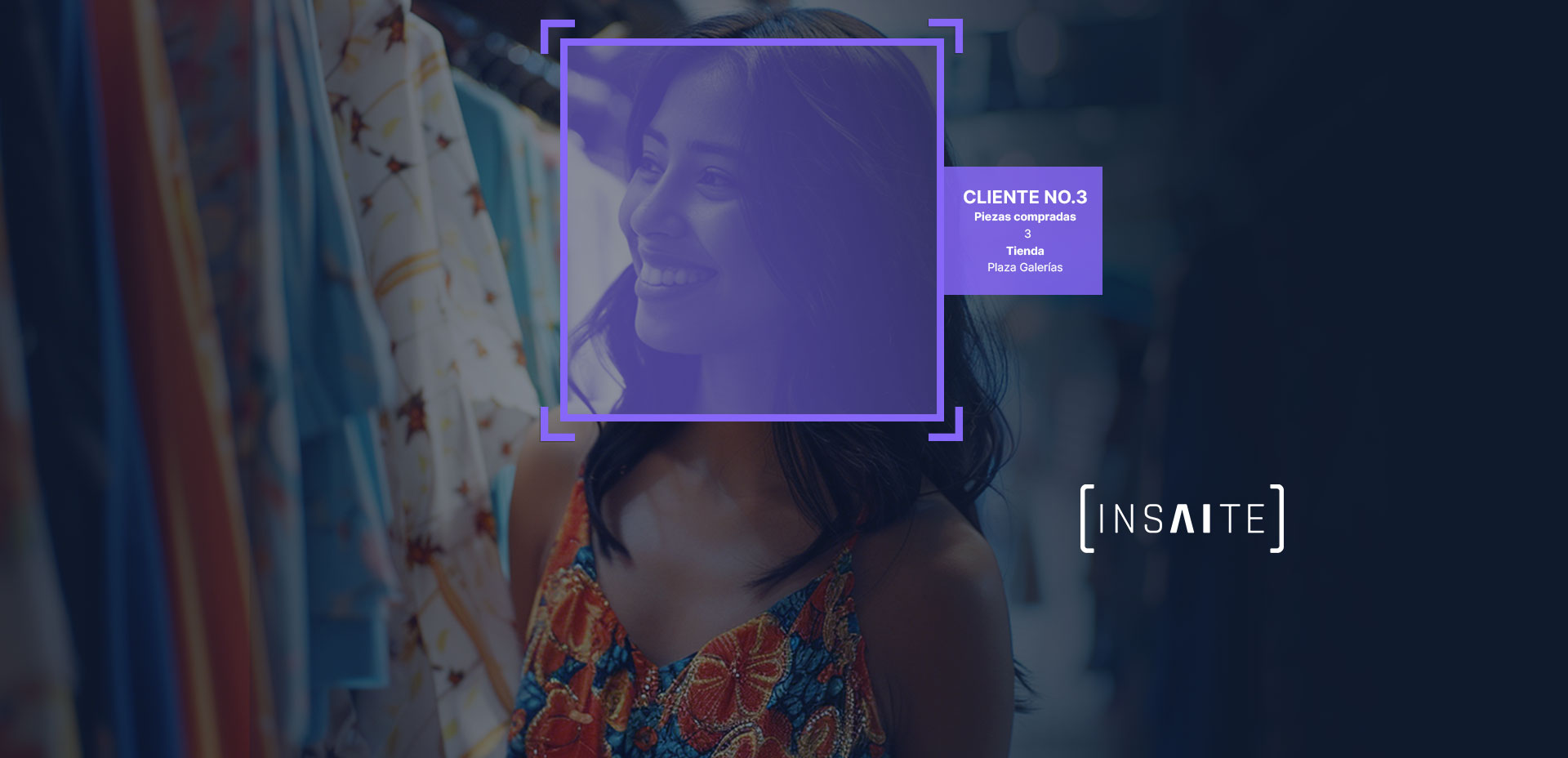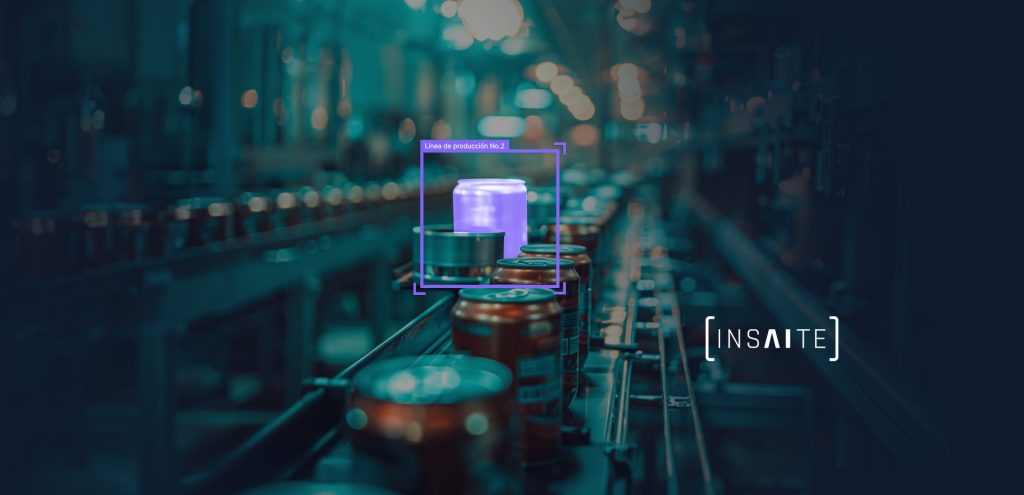The advent of artificial intelligence has sparked a revolution in the retail world, completely redefining how companies interact with their customers and manage their operations.
This technological advancement has not only opened new doors to offer more personalized and exclusive experiences but has also allowed retailers to optimize their internal processes and improve the efficiency of their operations, as we saw in the previous blog.
In this article, we delve into how artificial intelligence has significantly impacted the retail sector to enhance its customers’ shopping experience.
AI-Driven Marketing Strategies
The marketing department within retail companies has managed to evolve its strategies with the adoption of artificial intelligence, gaining a deeper understanding of consumer behavior, allowing the design of highly segmented and personalized campaigns.
By collecting and analyzing data, brands can implement strategies to offer products, discounts, or exclusive content precisely, adapting to each of their customers’ individual preferences. On the other hand, AI also plays a crucial role in generating content for brands’ own digital channels’ campaigns.
By leveraging data collected from user interactions with the brand, AI can create highly relevant and engaging content that resonates with the target audience. This customization capability significantly enhances campaign effectiveness by specifically targeting consumers’ needs and desires.
Additionally, AI’s ability to analyze user behavior allows brands to anticipate emerging trends. By identifying patterns and signals in the data, marketing professionals can offer relevant and timely content that aligns with current and future trends, thus keeping the brand at the forefront of the industry.
Enhancing In-Store and Online Experience with AI and AR
The fusion of artificial intelligence and augmented reality (AR) has triggered the creation of immersive experiences that transform both physical stores and online platforms, establishing new channels of communication between brands and customers to interact in real-time and offer truly unique experiences.
By integrating AI and AR, brands can offer shopping experiences that go beyond the conventional.
By overlaying digital information on the real world, customers can explore products in a completely new way, visualizing how they would look or function in their environment before making a purchase. This creates a deeper emotional connection between the customer and the product, driving customer satisfaction and loyalty.
On the other hand, the combination of AI and AR allows real-time interaction between the brand and the customer. AI-driven chatbot tools can provide personalized assistance to customers while they explore products online or in-store, answering questions and providing relevant recommendations.
This instant and contextualized communication enhances the customer experience and can significantly influence their purchasing decisions.
With 80% of purchases still made in physical stores but 75% of purchase decisions made online, the integration of AI and AR becomes crucial to providing a seamless and consistent shopping experience.
By allowing customers to access detailed product information and reviews both online and in the physical store, brands can ensure that customers are well-informed and confident when making purchasing decisions, regardless of the channel they choose.
Tools Driving Retail
The retail sector has been transformed by various AI-driven tools, which have demonstrated a significant impact on how companies operate and relate to their customers. Some of these tools include:
Conversational chats: These automated systems can answer questions, provide product recommendations, and offer real-time assistance, enhancing customer experience and increasing efficiency in customer service.
Advertisement screens: Advertisement screens and personalization bots use AI algorithms to analyze customer behavior and offer highly relevant and personalized advertising content.
Purchase anticipation: Purchase anticipation systems employ AI algorithms to predict customer needs and preferences, allowing companies to anticipate demand and optimize their inventories.
Visual recognition: Visual recognition uses AI algorithms to identify products, labels, and visual features in images or videos. This allows companies to analyze user-generated content on social media, identify product trends, and improve the personalization of purchase recommendations.
These AI tools are revolutionizing retail by providing innovative solutions to improve customer experience, optimize business operations, and increase the effectiveness of marketing and advertising.
Conclusion
Artificial intelligence is significantly transforming the retail sector by creating unique shopping experiences that enable the shopping journey both in physical stores and online platforms, enhancing customer interaction, which can drive higher purchase closures.
At Insaite, we offer a wide range of AI-driven solutions that allow retailers to improve both their internal operations, such as inventory management, and the customer experience.
If you want to learn more, we invite you to browse our site, review our use cases, and get in touch. We would love to help you boost your business.




